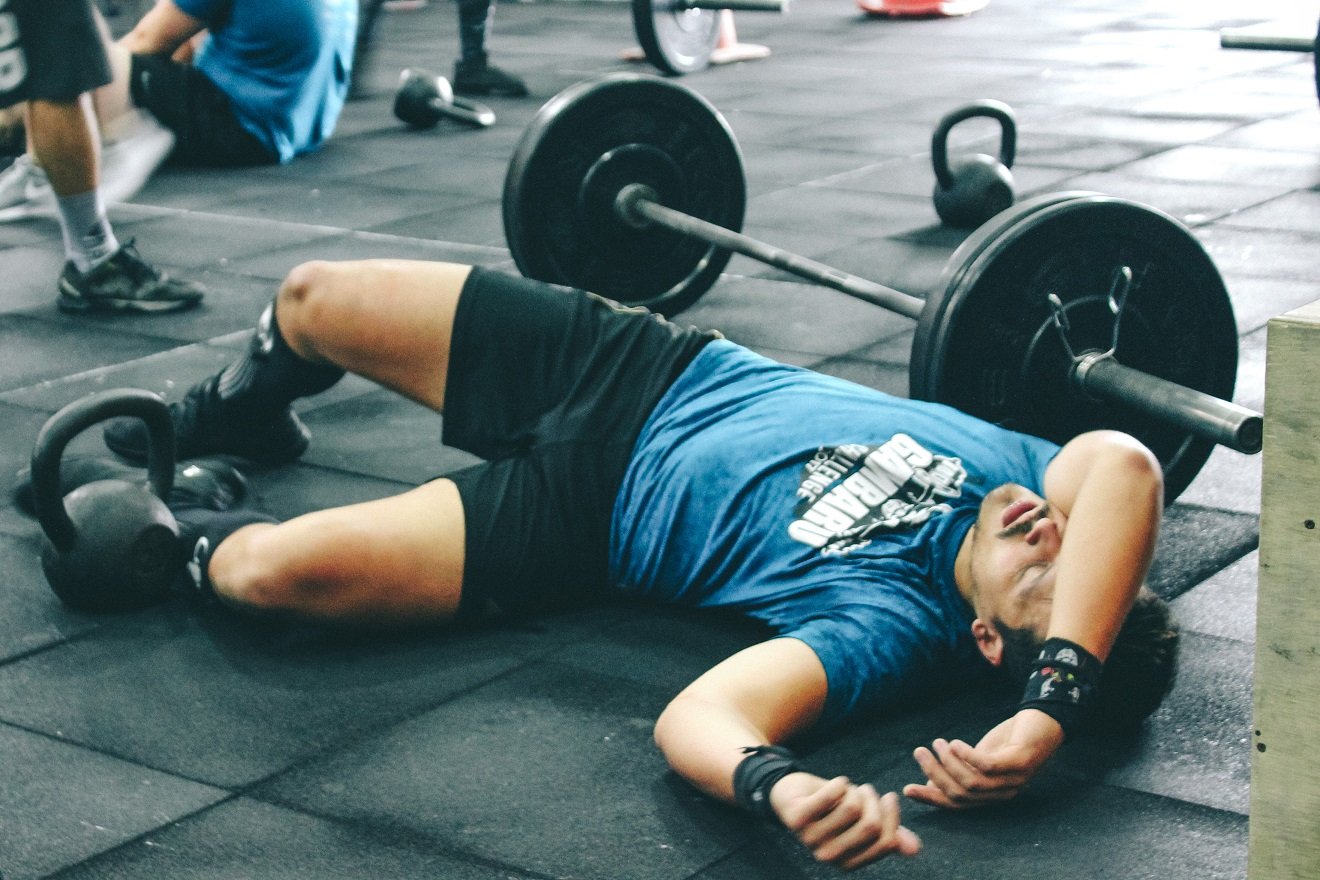In an interesting study, researchers working at the American Heart Association were trying to quantify how exercise influences sleep in overweight individuals. It was one of the largest and longest exercise trials looking at sleep dimensions as the results.
Sleep quality and obesity are worsening in America, even while 77% of adults in the country exercise, according to survey data from the CDC. It could be that people are doing the wrong exercises, or that they aren’t exercising enough.
For a hundred years doctors have known that the effects of aerobic exercise such as running, bike riding, or swimming, and resistance exercise, such as lifting weights, or working with machines and resistance bands, are different in the development of physical capacities. Only recently are datasets being created to show the differences as they relate to other diseases such as heart disease, aging and morbidity, or sleep disorders.
“It is increasingly recognized that getting enough sleep, particularly high-quality sleep, is important for health including cardiovascular health. Unfortunately, more than a third of Americans don’t get enough sleep on a regular basis,” said study author Angelique Brellenthin, Ph.D., assistant professor of kinesiology at Iowa State University.
“Aerobic activity is often recommended to improve sleep, yet very little is known about the effects of resistance exercise versus aerobic exercise on sleep”.
What the authors found was that resistance exercise was superior for improving sleep quality, nearly double with respect to aerobic exercise.




